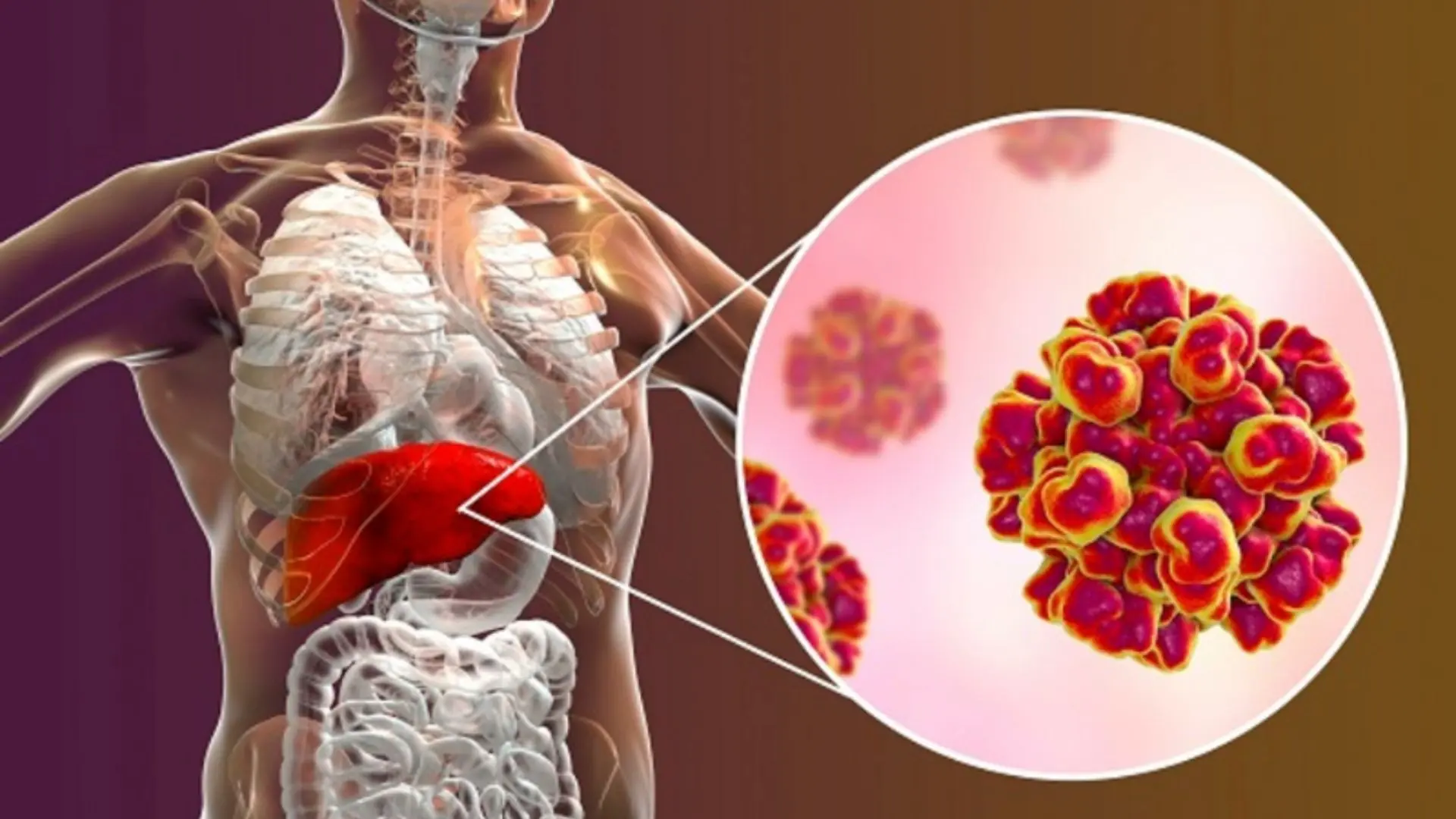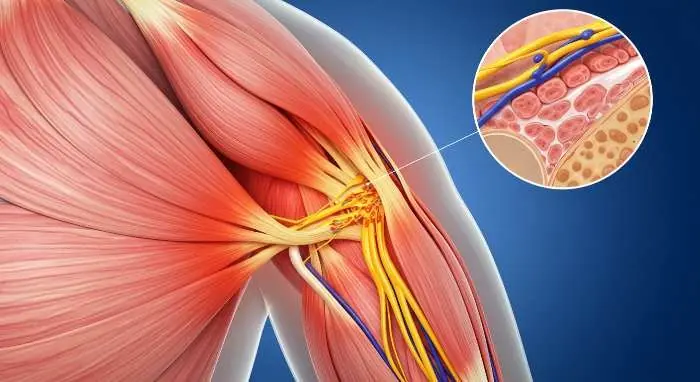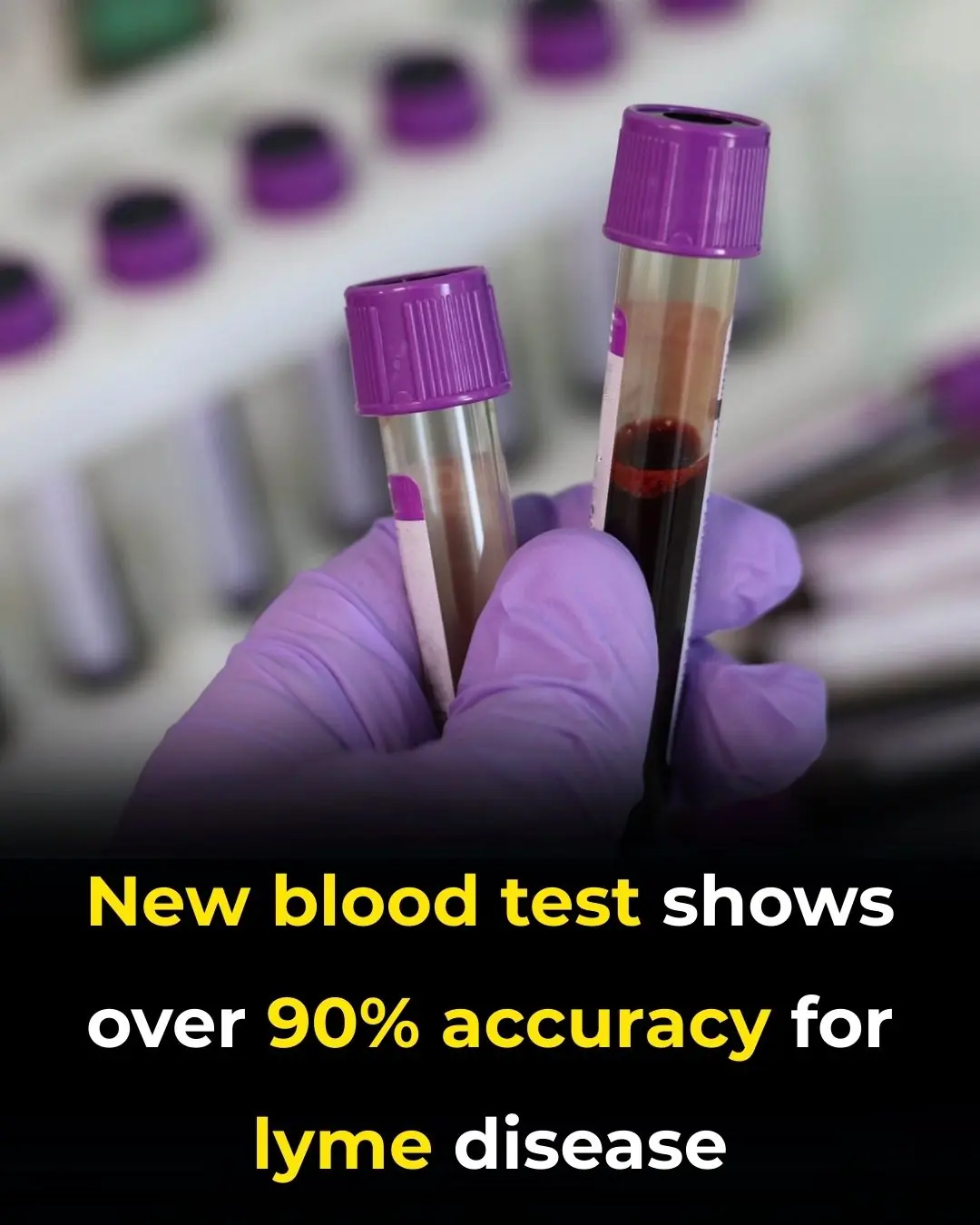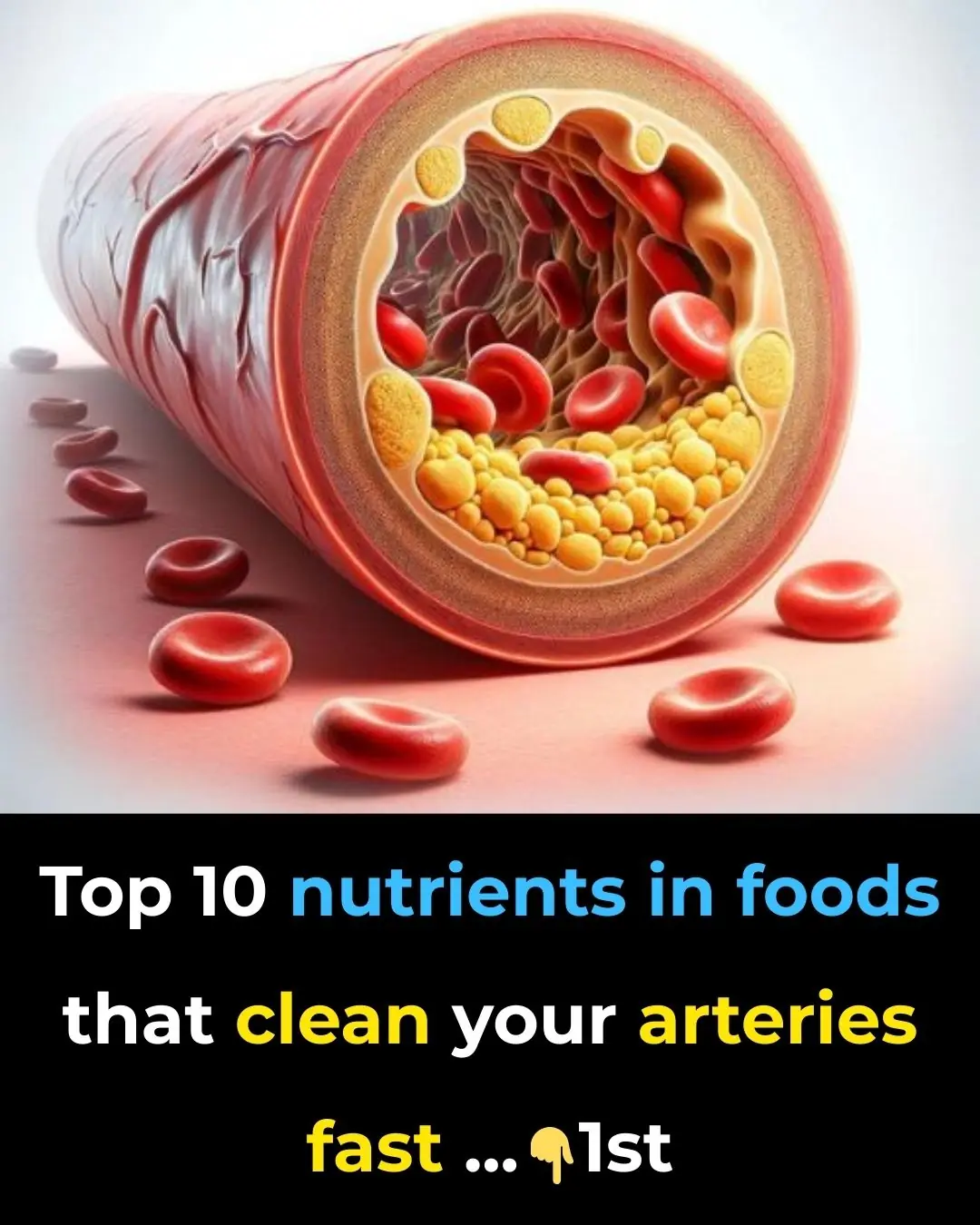
6 Everyday Foods That Could Be Wrecking Your Thyroid Without You Knowing
Your metabolism, energy levels, and general hormonal balance are all significantly influenced by your thyroid. However, some foods can affect thyroid function, particularly if you already have Hashimoto’s disease, hypothyroidism, or other thyroid-related diseases.
This post will discuss six typical items that can harm your thyroid and how to change your diet to improve hormone balance.
1. Soy and Soy-Based Products
Isoflavones, which are plant chemicals found in soy, can interfere with the body’s capacity to absorb iodine and create thyroid hormones, hence disrupting thyroid function. Those on thyroid hormone replacement therapy or those with iodine insufficiency should be especially concerned about this.
Tip: If you’re on levothyroxine, avoid consuming soy products within 3–4 hours of taking your medication.
Examples include miso, edamame, tempeh, tofu, and soy milk.

2. Raw Cruciferous Vegetables
Despite their nutritional value, eating a lot of raw veggies, such as broccoli and kale, can interfere with the production of thyroid hormones. They contain goitrogens, which are substances that may reduce the absorption of iodine, which is necessary for a healthy thyroid.
Tip: Cooking cruciferous vegetables reduces their goitrogenic effects. Steaming or sautéing is recommended.
Brussels sprouts, kale, broccoli, and raw cabbage are a few examples.
3. Gluten
Gluten can cause inflammation and immune system flare-ups in people with autoimmune thyroid conditions like Hashimoto’s. Additionally, it might harm the intestinal lining, which would impair the absorption of nutrients and the efficiency of medications.
Tip: If you have been diagnosed with Hashimoto’s disease, suffer from chronic exhaustion, or have digestive problems, think about following a gluten-free diet.
Examples include processed oats, rye, barley, and wheat.
4. Refined Sugar
In addition to increasing insulin resistance and causing inflammation, too much sugar can exacerbate hypothyroidism symptoms like mood swings, weight gain, and cognitive fog.
Tip: Use natural sweeteners, such as honey (in moderation) or low-glycemic fruits, in place of refined sugar.
Candy, pastries, sugary drinks, and packaged sweets are a few examples.
5. Processed and High-Sodium Foods
High blood pressure and water retention are more common in those with underactive thyroids. The high salt content of processed meals can exacerbate these problems and put stress on the heart.
Tip: Pay close attention to food labels and, whenever feasible, choose “low sodium” substitutes.
Examples include frozen dinners, deli meats, canned soups, and instant noodles.
6. Coffee (Taken Too Soon After Medication)
Coffee consumption too soon after thyroid medication might decrease absorption by as much as 60%, decreasing its effectiveness and delaying recovery.
Tip: Don’t have your morning coffee until at least 30 to 60 minutes after taking levothyroxine.
Examples include instant coffee, cappuccino, cold brew, and espresso.
Foods That Support Thyroid Health
Incorporate these into your diet to maintain optimal thyroid function:
- Omega-3 and iodine-rich fatty fish include mackerel, sardines, and salmon.
- Eggs (a good source of protein and selenium)
- Nuts and seeds: flaxseeds, pumpkin seeds, and Brazil nuts
- Seaweed (high in iodine; use sparingly)
- Fruits high in antioxidants: kiwis, apples, and blueberries
Final Thoughts
Your diet has a significant impact on how well your thyroid functions. You can make significant progress towards hormone balance and improved health by reducing your intake of these six thyroid-disrupting foods and concentrating on a nutrient-dense, whole-food diet.
Before making significant dietary changes, always get advice from your healthcare professional if you have thyroid issues.
News in the same category


Do Not Ignore These 10 Warning Signs That Your Kidneys May Be In Danger

If Your Body Suddenly Jerks While Falling Asleep, This Is What It Means

If You Eat Eggs Every Day

Vegetables To Clean Your Arteries And Prevent Heart Attack

Pain in This Part of the Body Could Indicate Cancer Cells are 'Awakening' – Both Men and Women Shouldn't Ignore It

10 Unconventional Signs of Liver Damage You Must Know About

14 Early Warning Signs You're Dangerously Low on Magnesium

How To Get Rid Of Phlegm and Mucus In Chest and Throat

Burnout: Tips for Coping When You Can’t Just Quit

Beautifully Unbroken: Living Fully and Imperfectly With Bipolar

How to Get Rid of Muscle Soreness: Home Remedies That Really Work

15 Common Cancer Symptoms You Shouldn’t Ignore

New Blood Test Shows Over 90% Accuracy for Lyme Disease

Is AI Use Causing Endoscopists to Lose Their Skills?

Florida Man Struck by Lightning Wakes Up With Heart Beating 265 Times a Minute

1 cup before bed: end restless nights and repair your nerves

Top 10 Nutrients in Foods that Clean Your Arteries Fast

Scientists Uncover A Natural Way to Restore Vision

Remedy For Falling Asleep Quickly
News Post

Doctors uncover knife unknowingly lodged in man's chest for 8 years in insane discovery

Elon Musk unveils new AI project that could recreate Microsoft’s entire business operations

Arkansas woman accidentally discovers $27,000 dollars after kicking 'spiderweb' in park

Exactly how virus carried by 'Frankenstein' rabbits growing black 'tentacles' spreads following urgent warning from experts

The Elders' Teachings Are Not Wrong: "The Kitchen Should Not Face Three Directions, and the Bed Should Not Be Placed in Three Locations"

5 Types of Plants That Snakes Love: If You Plant Them in Front of Your House, Remove Them Immediately Before It’s Too Late

If Your Non-Stick Pan Has Lost Its Coating, Don’t Rush to Throw It Away. Follow This Trick to Turn Your Old Pan Into a Like-New One.

Cooking Oil Often Splashes When Frying? Add This Ingredient to the Pan, and You Won't Have to Worry About Oil Splattering or Sticking to the Pan

Is It Correct to Close the Door When Using the Air Conditioner? Here Are 5 Mistakes That Can Cause Your Electricity Meter to Increase 2-3 Times

Boiling Eggs with Just Water is Not Enough: Add This Ingredient, and the Eggs Will Cook Evenly, Have a Rich Flavor, and the Shells Will Peel Off Easily

Do Not Ignore These 10 Warning Signs That Your Kidneys May Be In Danger

Buying Meat and Just Placing It Directly in the Freezer for Storage is a Mistake: The Shop Owner Shares a Trick to Keep Meat 'Fresh for a Whole Year' Without Spoiling

Sprinkle a Little of This Powder into the Oil Before Frying, Everyone Will Be Amazed by Its Incredible Effectiveness

If Your Body Suddenly Jerks While Falling Asleep, This Is What It Means

What Is This Button In The Car For

How Long Cooked Food Can Stay In The Refrigerator

If You Eat Eggs Every Day

Vegetables To Clean Your Arteries And Prevent Heart Attack

Pain in This Part of the Body Could Indicate Cancer Cells are 'Awakening' – Both Men and Women Shouldn't Ignore It
